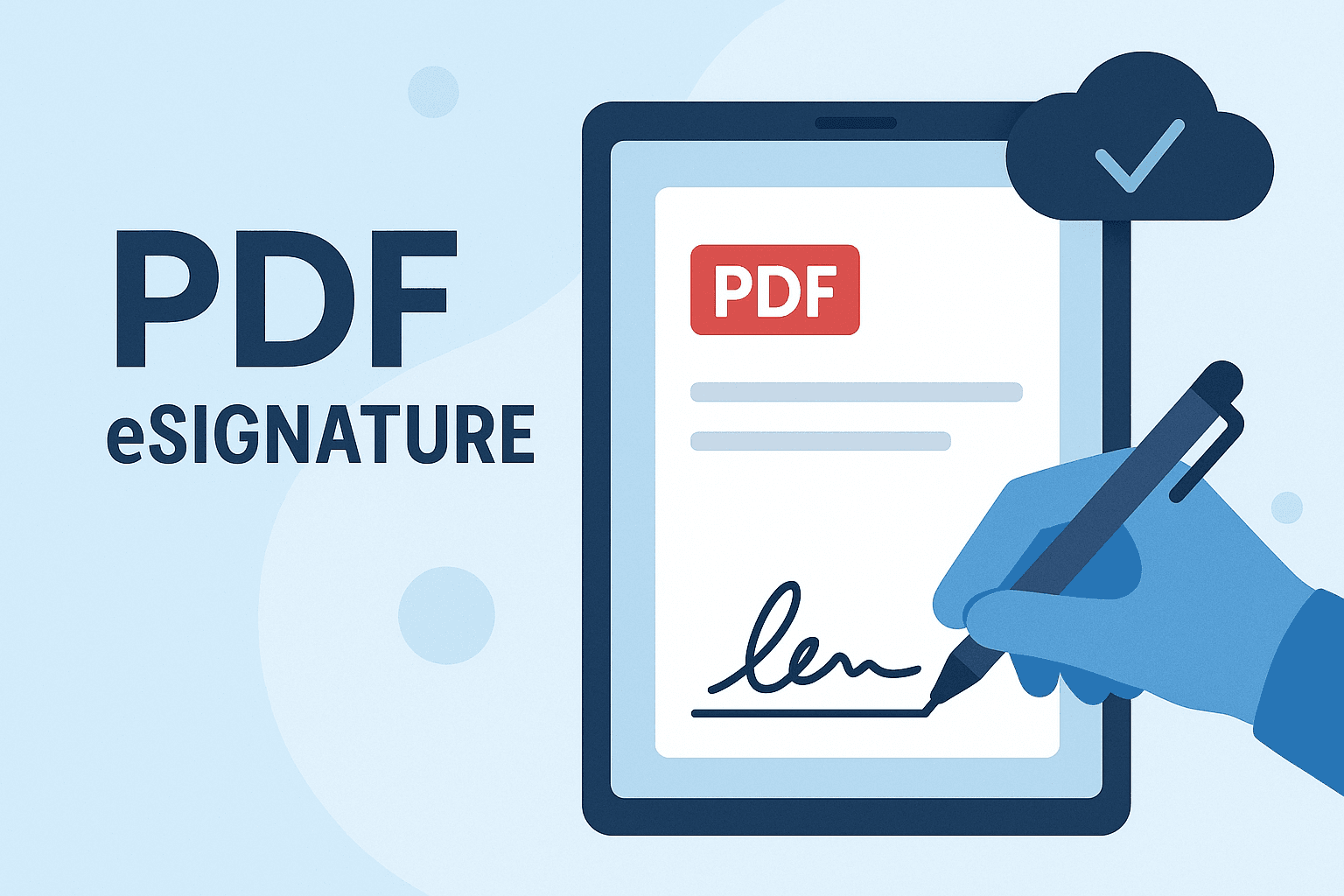Do digital certificates expire?





Do Digital Certificates Expire?
In today’s digital-first world, the use of digital certificates is integral for securing online communication, authenticating users, and enabling legally binding digital signatures. Whether you’re signing a contract online, accessing a secured server, or authenticating a transaction, digital certificates are a vital component.
But a common question often arises: Do digital certificates expire? The short answer is yes — digital certificates do expire. However, the reasons behind their expiration, the implications of letting them lapse, and how businesses in regions like Hong Kong and Southeast Asia can remain compliant are all worthy of a deeper dive. In this article, we’ll explore everything you need to know about the lifespan and renewal of digital certificates.

What is a Digital Certificate?
A digital certificate, also known as a public key certificate, is an electronic “passport” that is issued by a Certificate Authority (CA). It binds the identity of an individual or organization to a public key. This certificate contains crucial data, including:
- The public key being certified
- The identity of the certificate holder
- The CA’s digital signature
- The expiration date of the certificate
Digital certificates are essential in protocols like TLS/SSL, which secure communication between web browsers and servers, as well as in electronic signature solutions used for document signing.
Why Do Digital Certificates Expire?
Much like passports and ID cards, digital certificates include a pre-defined expiration date for security and trust management reasons. Here’s why:
1. Technological Change and Cryptographic Security
Encryption standards evolve over time. What’s deemed secure today may be vulnerable tomorrow. By setting expiration dates, Certificate Authorities can mandate the use of the most up-to-date encryption algorithms and standards. This practice protects systems from aging or compromised cryptography.
2. Control Over Identity and Ownership
The validity of the information a certificate holds — such as domain ownership or a company’s identity — can change over time. Expiring certificates help ensure that people regularly verify their identity details to maintain trust in digital interactions.
3. Compliance Requirements
Regulatory laws in jurisdictions such as Hong Kong, Singapore, and Malaysia require periodic certificate renewal to stay compliant with digital signature laws and data protection regulations. Under regulations such as the Electronic Transactions Ordinance (Cap. 553) in Hong Kong, and the Electronic Commerce Act in various Southeast Asian countries, expiry and renewal of digital certificates are often mandated.

Typical Lifespan of a Digital Certificate
The duration of a certificate’s validity can vary depending on its type and usage:
- SSL/TLS Certificates: Typically valid for 1–2 years (as regulated by entities like the CA/Browser Forum)
- Code Signing Certificates: Usually valid for 1–3 years
- Document Signing and eSignature Certificates: Can range from 1 to 5 years, depending on the provider and country-specific regulations
- Qualified Certificates (for digital signatures): In countries like Singapore and Indonesia, often limited to 1 or 2 years for enhanced verification
In all cases, certificate owners are expected to renew them before expiration to avoid disruption of services or invalidation of previously issued signatures.
What Happens If a Digital Certificate Expires?
Allowing a digital certificate to expire can result in several problems:
- Failure of Secure Connections: An expired SSL certificate means that users will receive security warnings when they try to visit your website — causing trust loss.
- Invalid Signatures: A digital document signed after a certificate’s expiration is generally not valid under most regional laws.
- Service Interruptions: Systems that rely on certificates for authentication or encryption may stop functioning.
- Legal Risks: In jurisdictions like Hong Kong, using expired certificates for electronic documents falls outside the bounds of recognized legal validity under their digital signature frameworks.
For example, Section 6 of Hong Kong’s Electronic Transactions Ordinance requires a valid, certifying digital signature to meet legal standards — not fulfilling this can hinder enforceability in legal proceedings.
Renewal and Replacement Process
Renewing a certificate typically involves re-validating your identity or domain with the Certificate Authority (CA). Here’s a simplified process:
- Notification: CAs will usually send emails or alerts 30–90 days before expiry.
- Validation: You may need to re-confirm domain control, organizational details, or identity documents.
- Installation: Once reissued, install the certificate on applicable servers, software, or digital signature platforms.
Some advanced e-signature providers offer automatic certificate renewal or long-term validation (LTV) for documents to ensure they remain valid even beyond certificate expiry.
Validating Legacy Digital Signatures
Concerned about legal validation of already signed documents after a certificate expires? There’s good news. In many legal frameworks, if the signing certificate was valid at the time of signing, the digital signature remains legally enforceable — especially when timestamps and long-term validation are used.
Take note, however, that new signings must not occur with an expired certificate. Hence, businesses should maintain a robust certificate management strategy — including monitoring expiry dates and automating renewals.

Regional Considerations: Hong Kong & Southeast Asia Certificate Standards
When working within Southeast Asian countries or Hong Kong, organizations must be diligent in adhering to local laws that govern electronic certifications and how they’re used in digital business practices.
Key regional legislation includes:
- Hong Kong: The Electronic Transactions Ordinance recognizes digital signatures only if they are supported by a “recognized certificate” from a recognized certification authority.
- Singapore: The Electronic Transactions Act lays down criteria for secure and reliable digital signature infrastructure, often involving limited certificate lifetimes.
- Malaysia: The Digital Signature Act 1997 mandates licensees to ensure certificates remain valid, trustworthy, and never exceed approved lifespans.
Such nuances reiterate the importance of choosing a digital signature solution that understands local compliance requirements and offers region-specific support.
What Should Users Do?
Whether you’re an enterprise or individual, here are a few best practices:
- Track Expiry Dates: Maintain a token or digital certificate dashboard to ensure you’re always in-the-know.
- Use Trusted Certificate Authorities: Partner with services that follow both international and regional standards for digital trust.
- Employ Long-term Signature Validation: For critical records, use timestamping services and eSignature platforms that support LTV.
- Understand Local Laws: Implement a certificate lifecycle that aligns with your jurisdiction’s legal standards.
Choose a Regionally Compliant Solution
For users in Hong Kong and Southeast Asia, choosing a digital signature solution that’s both globally robust and locally compliant is key.
While global platforms like DocuSign are popular, businesses in regulated markets often benefit from regionally adaptive solutions that tailor identity verification and document authentication to local laws.
One reliable alternative is eSignGlobal, a digital signature solution that prioritizes compliance with Hong Kong and ASEAN standards, including certificate expiry management, timestamping, and long-term signature validity.

Final Thoughts
Yes, digital certificates do expire — and for good reason. It’s a fundamental part of ensuring online trust, adapting to technological advances, and staying compliant with regional laws.
For businesses operating in Asia’s diverse regulatory landscape, understanding certificate lifespans and choosing a solutions provider with a local-law-first approach is not just advisable — it’s essential. Whether you’re signing contracts, encrypting data, or authenticating systems, make sure you’re doing it with certificates that are current, secure, and legally recognized.

 Only business email allowed
Only business email allowed


